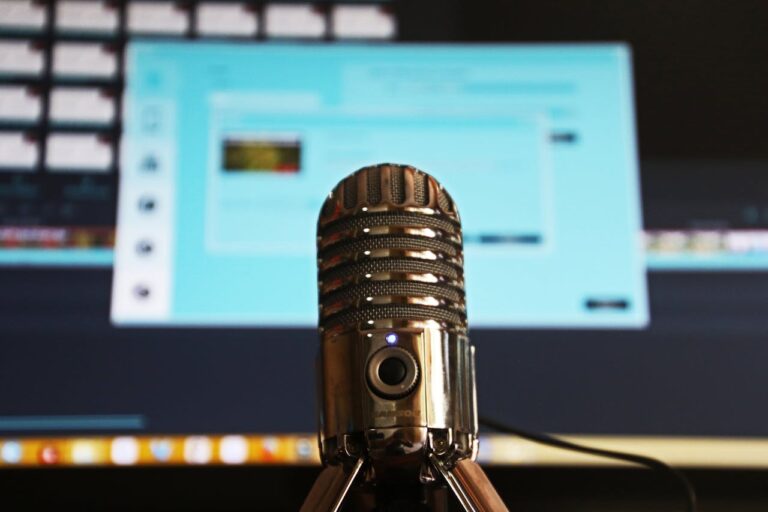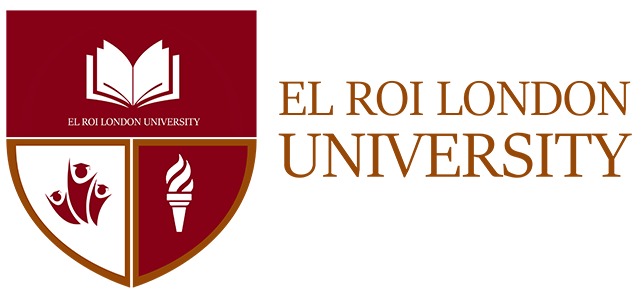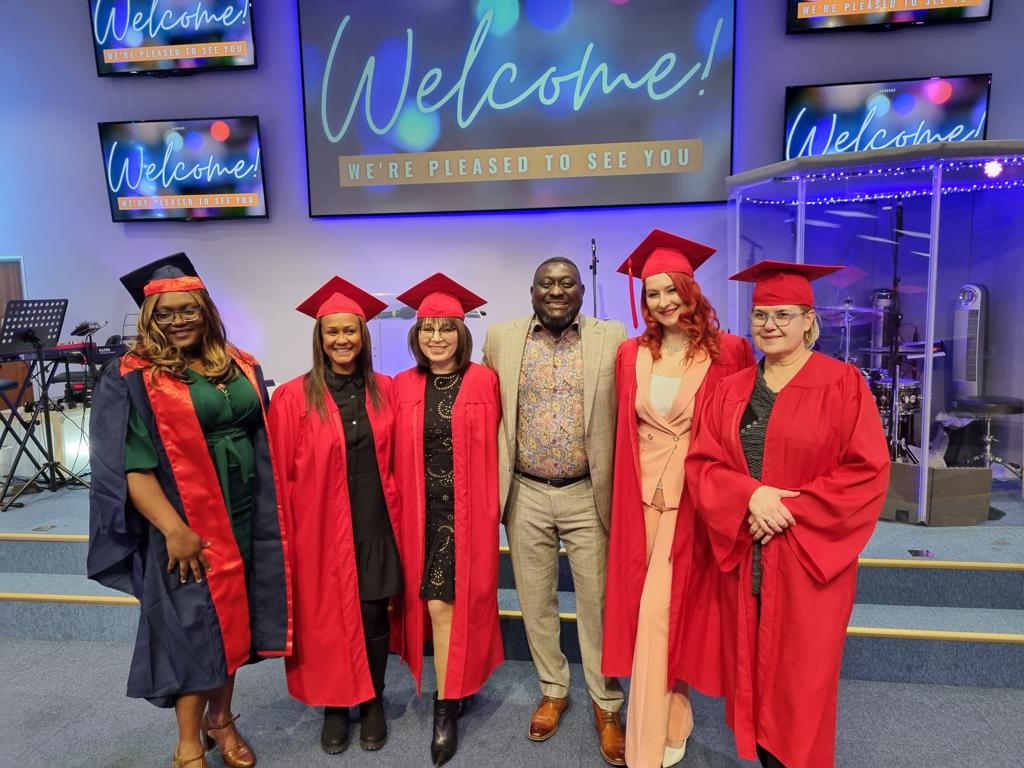Faculty Of Journalism and Mass Communication
The word journalism was originally applied to the reportage of current events in printed form, specifically newspapers. However, with the advent of radio, television, and the Internet in the 20th century, the term broadened to include all printed and electronic communication dealing with current affairs.
Our core Mission is to Promote Indigenous Journalism.
Indigenous media can reference film, video, music, digital art, and sound produced and created by and for indigenous people. It refers to the use of communication tools, pathways, and outlets by indigenous peoples for their own political and cultural purposes. Indigenous media is the use of modern media techniques by indigenous peoples, also called Fourth World peoples. Indigenous media helps communities fight against cultural extinction, economic and ecological decline, and forced displacement. Most often, in the indigenous media field, the media’s creators are the consumers and the neighbouring communities.
Employability skills (sometimes referred to as transferable skills) are vital to increase students’ career prospects and contribute to their personal and professional development. Our Higher Nationals in Journalism support students in developing the fundamental skills, qualities and strengths that employers are looking for. Students also benefit from opportunities for deeper learning, where they can make connections between different study modules and select areas of interest for detailed study. In this way, our Higher Nationals in Journalism and Mass Communication Provide a vocational context in which students can develop the knowledge and academic study skills they need to progress to our university degree courses at our Faculty Of Journalism and Mass Communication.
Entry requirements and admissions-HNC Programs.
Students who have recently been in education are likely to need:
- A Level 3 qualification in Art and Design or Media
- A GCE Advanced Level profile that demonstrates strong performance in a relevant subject or adequate performance in more than one GCE subject. This profile is likely to be supported by GCSE grades at A* to C (or equivalent) and 9 to 4 (or equivalent) in subjects such as maths and English
- other related Level 3 qualifications
- Access to Higher Education Diploma from an approved further education institution
- relevant work experience, or
- an international equivalent to the above qualifications.
OUR COURSES

PhD in Journalism and Public Relations
180 Credits 12 Months Online Delivery. Join us for a PhD in Journalism and Public Relations. You’ll become part of the Media and Cultural Studies team and contribute to a vibrant learning community. You’ll have access to quality-assured supervision. You’ll get opportunities to deliver lectures and produce articles for various

M.A. MULTIMEDIA JOURNALISM AND MASS COMMUNICATION
180 Credits 12 Months Online Delivery. Postgraduate programmes in journalism at El-Roi London University offer the opportunity to research and learn in an environment that combines excellence in the practice of convergent multimedia journalism with intellectual leadership in the history, ethics and future of the news industry. The MA in

Level 5 Higher National Diploma (HND) in Creative Media Production
Specialist pathways are included within brackets in the qualification title. Level 5 qualification, an HND, is equivalent to the second year of a bachelor’s degree. It takes one year of full-time study to complete or two years part-time and is designed to equip you with skills relevant to your chosen

Level 4 Higher National Certificate (HNC) in Creative Media Production
Specialist pathways are included within brackets in the qualification title. Duration -12 Months. HNC is 120 Credits at Level 4. An HNC is equivalent to the first year of a university degree or a Certificate of Higher Education (CertHE). It is a Level 4 qualification on our Regulated Qualifications Framework

